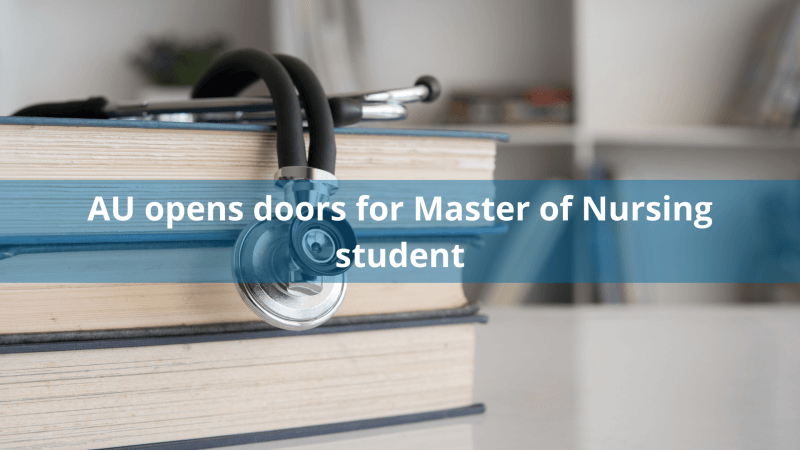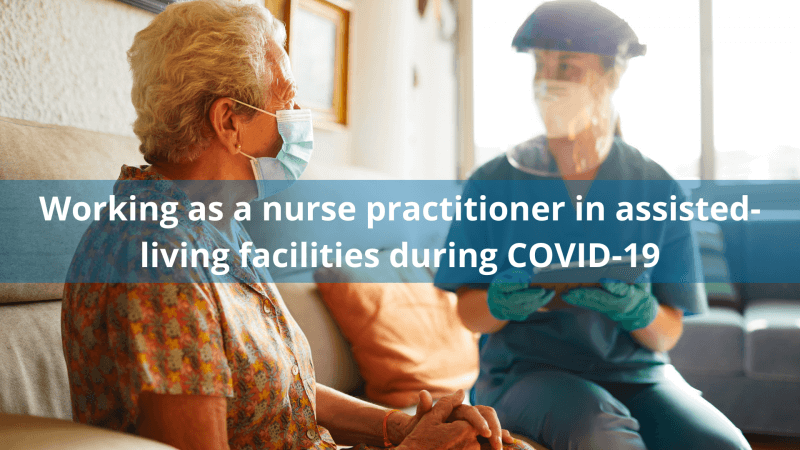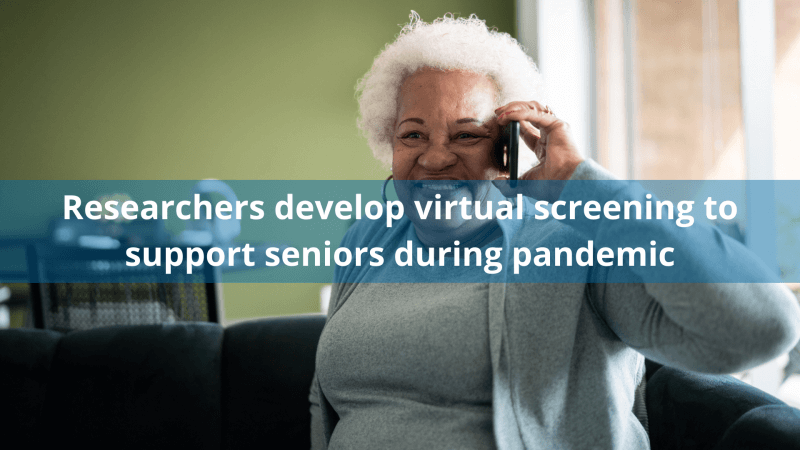National Nursing Week: Thank you nurses everywhere
Nurses locally, nationally, and internationally make an outstanding contribution to health and health care.
From our birth to our death. In hospitals, hospices, and care homes. In our communities and in our homes. Wherever you are in the world, nurses are there—guiding and caring. Working with and alongside people, families, and communities, often when it matters most.
No one should take nurses and nursing excellence for granted.
During Nursing Week, we celebrate the enduring and deep impact and influence that nurses have in and on our lives. We remember those nurses who through mentorship and education have enriched the practice and lives of countless other health professionals, students, and educators.
We reflect that when confronted with the rife injustices, complexities, illnesses, war, or poverty across our societies- nurses work to leave no person or community behind.
Athabasca University’s (AU) Faculty of Health Disciplines is excited to continue to educate thousands of nurses across Canada and the world. We join you all in celebrating the nature and contributions of nursing and nurses during Nursing Week. To nurses everywhere: thank you for all you are and bring to make our world and our lives better.
– Dr. Alex Clark, dean, Faculty of Health Disciplines
Stories of our inspiring nursing learners and team members

Debbie Fraser: Working front lines in the NICU during COVID-19
Working the front lines in a neonatal intensive care unit is no easy task, especially when a global pandemic emerges and changes most processes and procedures to ensure the health and safety of newborn babies and their families. AU faculty member Debbie Fraser knows this first-hand.

AU learner a shining star in the nursing community
Melissa Stevenson was the October 2020 featured nurse as part of the Indigenous Nurses Association of Canada’s nominate a nurse or midwife campaign and is now about to complete her Master of Nursing degree. Her first spirit name is Bright Shining Star, which perfectly encompasses the impact she has on the nursing community and reclaiming her Indigenous identity.

How can we retain our nurse practitioners?
Nurse practitioners play a critical role in the Canadian health-care system. However, job satisfaction, or lack thereof, creates retention challenges that can create risks for the entire sector. Assistant professor Dr. Jennifer-Lynn Fournier has found that factors such as workloads, distance to worksite, fair wages, benefits, and relationships influence the likelihood of nurse practitioners resigning from their jobs.

AU opens doors for Master of Nursing student
If you haven’t thought much about the role of self-employed nurses in the health-care system, that wouldn’t be surprising. Currently fewer than one per cent of nurses fall into this category. Natalie Thiessen, a Master of Nursing learner at AU, is studying the impacts of nursing regulation on the practice of self-employed nurses, who don’t work for formal health authorities or hospitals in the way most nurses do.

Working as a nurse practitioner in assisted-living facilities during COVID-19
In December 2020, there was an urgent need in Alberta for nurse practitioners to support continuing-care and assisted-living facilities with COVID-19 outbreaks. AU associate professor Dr. Jennifer Knopp-Sihota answered the call and was sent to an assisted-living facility in Edmonton.

Using her voice to enhance healthcare in Canada: A Q&A with Post LPN-BN learner Julia Panchuk
Getting an article published and peer-reviewed is no easy feat, yet AU Post Licensed Practical Nurse-Bachelor of Nursing learner Julia Panchuk has made it happen! With the co-authorship of her professor, Dr. Lorraine Thirsk, Panchuk has successfully published an article entitled conscientious objection to medical assistance in dying in rural/remote nursing.

Researchers develop virtual screening to support seniors during pandemic
The COVID-19 pandemic has changed how we interact with family, get haircuts, go shopping, and visit the doctor. For older adults, it’s also affected access to frailty screenings used to identify patients at greater risk of health complications. It’s a problem that an AU research team, led by assistant professor Dr. Tammy O’Rourke, is aiming to solve.